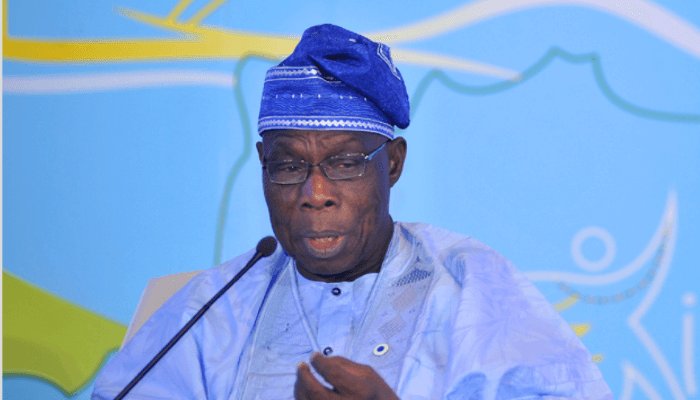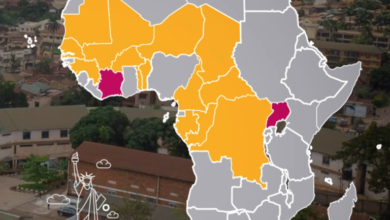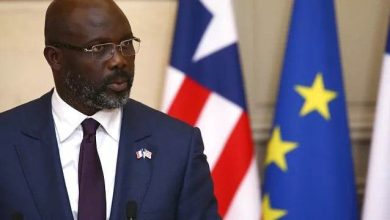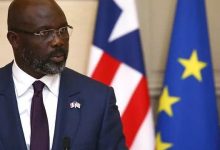
By Dela Ahiawor (Sustainability Editor)
The African debt crisis is an intractable economic problem that won’t just go away, but African leaders remain relentless to overcome the continent’s persistent debt crisis to spur sustainable development.
As things stand, breaking the ‘curse of debt’ is probable with lower borrowing costs in Africa.
Given that, a group of eight eminent former African leaders met in Cape Town, South Africa to catalyse sustainable solutions to Africa’s debt crisis on the margins of the first G20 Finance Ministers and Central Bank Governors (FMCBG) summit held on February 26 and 27, 2025.
With barely five years before the deadline of the United Nations (UN) 2030 Agenda (Sustainable Development Goals); developing nations are expected to sink up to ($6.4 trillion) into debt servicing annually to achieve sustainable development. Accordingly, “the South African G20 Presidency” making debt sustainability its central theme is a good call; as it aims to encourage practical solutions to Africa’s debt crisis.
The Cape Town Declaration signed by the former African Heads of State also called for lower borrowing costs for all developing countries.
In the midst of the declaration, the African Leaders Debt Relief Initiative (ALDRI) was also launched by the former African leaders at the G20 finance ministers meeting in Cape Town. The (ALDRI) calls for immediate action on a comprehensive plan for debt relief for developing in countries in dire financial crisis.
The Declaration also aligns with the African Union’s Agenda 2063- the continent’s development blueprint aiming to achieve the Sustainable Development Goals (SDGs) over a 50-year span. Based on evidence, debt relief points the way towards achieving the SDGs (sustainable growth). Fact is, debt relief puts developing countries on the pathway to long-term growth by making resources (funds) which could have gone into debt servicing available to be invested in addressing climate change (mitigation and adaptation), health, education, food security, technology, infrastructure and poverty alleviation.
On the other hand, heavy debt load: diverts funds away from development, leads to economic decline hindering long-term development (SDGs). Besides, servicing heavy debt- leads to lack of funds. Presently, least developed countries face debt crisis and many African countries are expected to pay approximately US$89 billion in servicing their external debts.
“Countries on the frontlines of the development crisis are the same ones grappling with record levels of debt. By 2030, these nations will need to invest up to $6.4 trillion annually to achieve sustainable development. This goal remains unaffordable given their overwhelming debt servicing obligations,” said Former President, Dr. Joyce Banda of Malawi in a statement.
Borrowing rates in Africa are generally high, making it difficult to fund development. In 2023 low and middle -income countries spent $1.4 trillion servicing foreign debt with interest payments reaching a staggering $406 billion.
For his part, Former President of Nigeria, Olusegun Obasanjo and Chair of (ALDRI) noted that: “Africa is facing unsustainable debt burdens. It is crucial that we come together to find a solution to this crisis. Africa’s future is intertwined with the world’s future, and we must work to resolve the debt crisis in order to drive sustainable economic development across the continent. ”
Counting down to the 20th Heads of State and Government Summit of the Group of 20 (G20) slated for (22-23) November, 2025 in Johannesburg, South Africa- the Cape Town Declaration offers a timely opportunity to focus attention on Africa’s debt crisis and the broader challenges faced by developing nations, including health, education, food and energy insecurity and the environment.
The African Leaders Debt Relief Initiative (ALDRI)
aims to advocate for policies that promote economic resilience and sustainable growth across African. The eminent group of African leaders are committed to collaborate with international stakeholders to implement crucial reforms, to help propel Africa’s development agenda.
“Small Island Developing States (SIDS), like Mauritius, are particularly vulnerable to the climate crisis. Many of these nations are drowning in debt as they are forced to address the devastating impacts of climate change and rising sea levels,” said Former President of Mauritius, Dr. Ameenah Gurib-Fakim.
The eminent group of former African leaders backing the (ALDRI) includes: Former President Jakaya Kikwete of Tanzania, Former President Macky Sall of Senegal, Former President Hailemariam Desalegn of Ethiopia, Former President Dr. Ameenah Gurib-Fakim of Mauritius, Former President Nana Addo Dankwa Akufo-Addo of Ghana,
Former President Joyce Banda of Malawi and Former Vice President Yemi Osinbajo of Nigeria.
www.delreport.com







